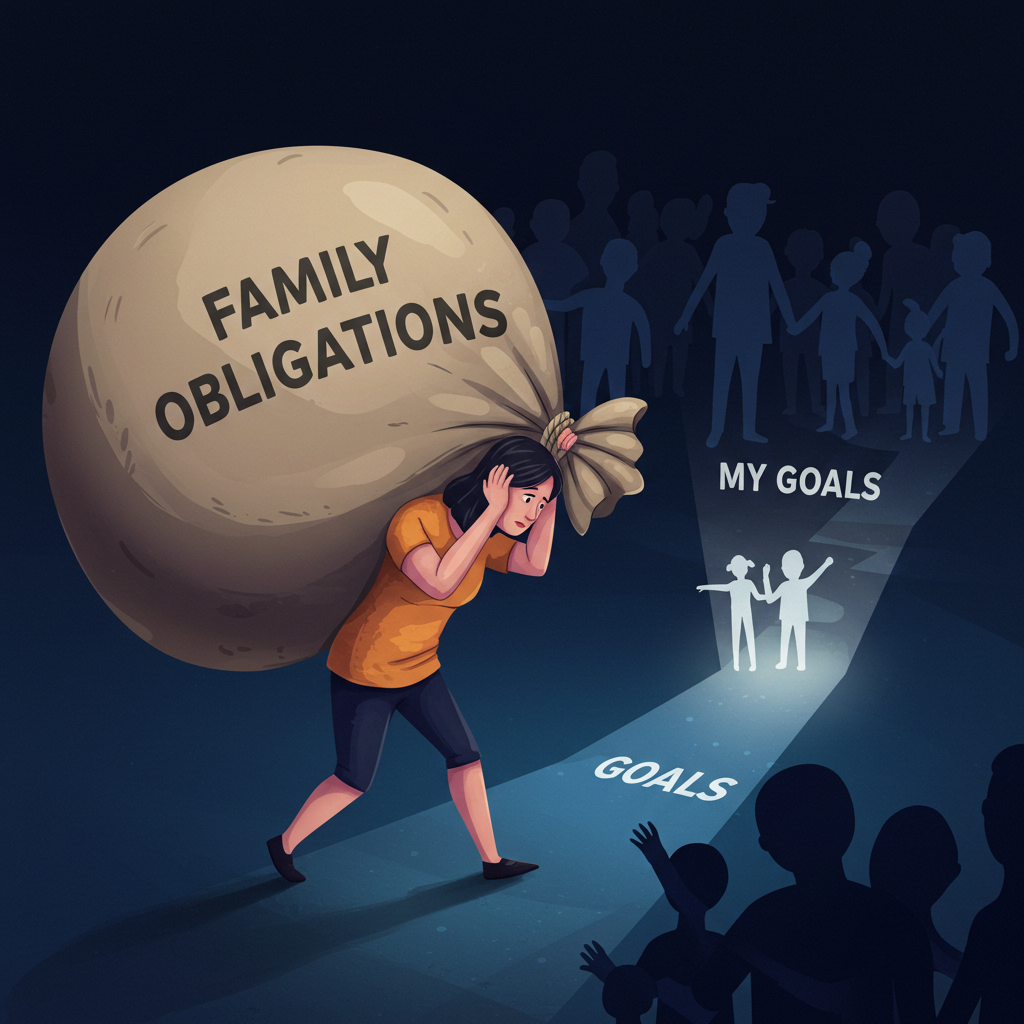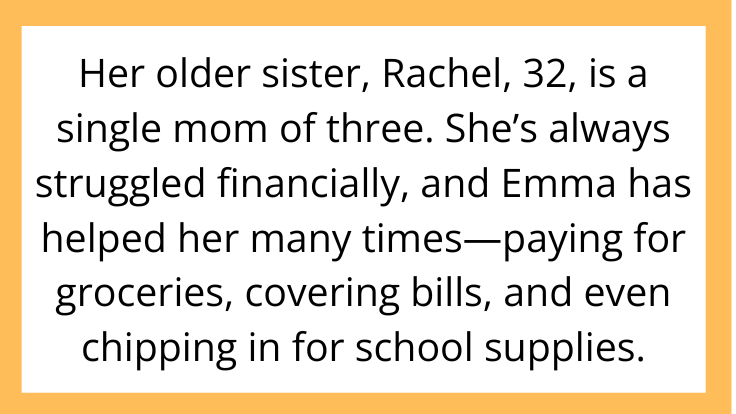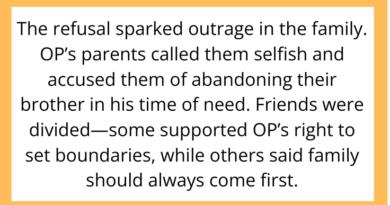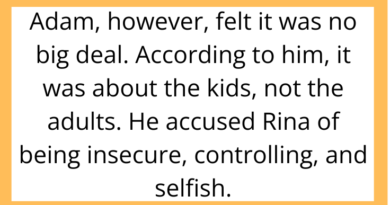AITAH for Telling My Sister She’s Not Entitled to My Wedding Fund Just Because She Has Kids?
When family expectations collide with financial boundaries, it can spark some of the most heated debates. Today’s AITAH scenario comes straight from a viral post where one woman found herself accused of selfishness—simply because she didn’t want to give away her hard-earned wedding savings to her sister.
Let’s unpack this drama together.
The Backstory: A Tale of Two Sisters

Emma, 28, has been engaged for a year and is planning her dream wedding. She’s been saving since she was 20, putting away a little each month. The goal? A beautiful, modest ceremony she and her fiancé can enjoy without going into debt.
Her older sister, Rachel, 32, is a single mom of three. She’s always struggled financially, and Emma has helped her many times—paying for groceries, covering bills, and even chipping in for school supplies.
Last month, Rachel found out how much Emma had saved for the wedding—about $15,000—and asked if she could have $10,000 of it to buy a reliable car for her kids.
Emma said no.
Rachel was furious. She accused Emma of prioritizing a “fancy party” over her nieces and nephews’ well-being. The rest of the family started weighing in, with some saying Emma should “do the right thing” and others supporting her choice to keep her savings.
Feeling overwhelmed, Emma turned to Reddit: AITAH for telling my sister she isn’t entitled to my wedding fund?
The Arguments: Heart vs. Responsibility

Why Emma Said No
Emma explained that she’s already helped her sister countless times, but this money was set aside for one of the most important days of her life. She feared that if she gave away the majority of her savings, she’d never get the wedding she’d dreamed of.
She also worried this wouldn’t be the last time Rachel would ask for financial help.
In Emma’s words:
“I love my sister and her kids, but I have my own life, and I can’t keep bailing her out forever.”
Why Rachel Felt Betrayed
Rachel argued that family should come first—especially children in need. She pointed out that Emma doesn’t have kids yet and could “always have a smaller wedding later.”
To her, Emma’s refusal felt cold and selfish.
Rachel’s supporters echoed the sentiment, saying Emma was hoarding money while her nieces and nephews suffered.
What Reddit Had to Say

The AITAH community did not hold back.
The top comment read:
“NTA. Your wedding fund is yours. You’ve already helped your sister more than enough. She isn’t entitled to your savings.”
Many agreed that Rachel’s repeated reliance on Emma’s generosity was unfair.
Others offered a more nuanced take:
“You’re not the villain, but if you can afford to help a little without destroying your plans, maybe offer a smaller loan. Just don’t feel pressured to sacrifice your entire dream.”
A few outliers sided with Rachel, arguing that children’s safety and stability should come before anything else. But overall, the majority believed Emma had a right to her boundaries.
The Bigger Issue: When Helping Becomes Enabling

This story isn’t just about wedding money—it’s about how family dynamics can create guilt and resentment.
Here are some signs that helping has turned into enabling:
-
You feel obligated to say yes, even when it hurts you.
-
The person expects help instead of appreciating it.
-
Your own goals and needs are always the first to be sacrificed.
Emma’s situation illustrates how easy it is for well-meaning support to become an unhealthy pattern.
How to Set Healthy Financial Boundaries

If you relate to Emma’s dilemma, here are a few strategies you can use:
-
Be clear and direct. Saying no kindly but firmly avoids confusion.
-
Offer alternatives. If you can help in smaller ways (like a loan or gift card), suggest them.
-
Stand by your decision. Family pressure can be intense—hold your ground if your boundary is important.
-
Communicate early. Let loved ones know you can’t be their financial safety net forever.
What Should Emma Do Next?

While no one wants to feel like the villain, sometimes you have to prioritize your own stability. Emma’s options could include:
-
Offering a much smaller amount as a goodwill gesture.
-
Helping Rachel look into community resources for single parents.
-
Reassuring Rachel that she still cares, even if she can’t fund her purchases.
Ultimately, Emma has every right to her wedding savings—and to say no.



